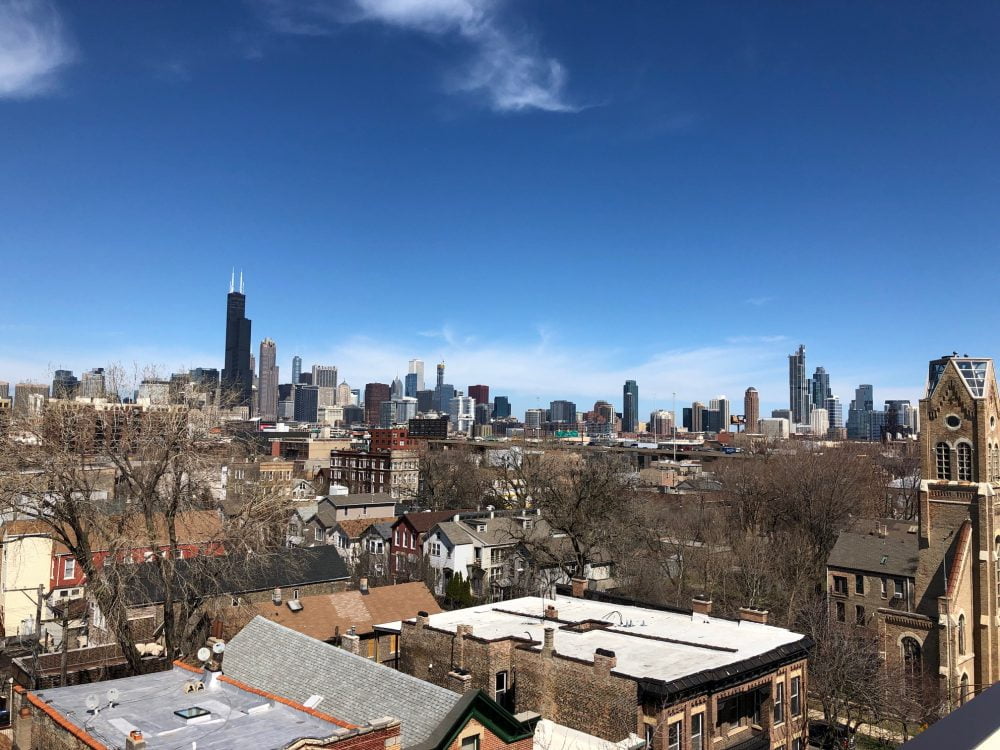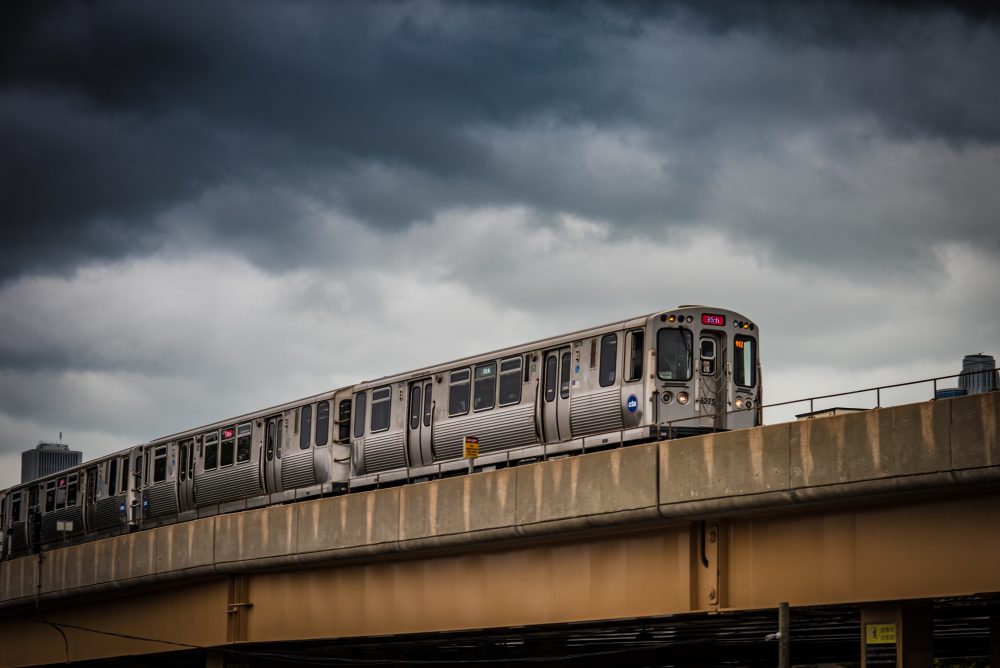06.11.19
The Good, Bad & Ugly of Investing in Chicago Multifamily

By Michael D’Agostino, Kiser Group
I’ve been hearing hesitancy from investment groups regarding investing in Chicago. Every day I’m talking with clients about anything from headlines to taxes to pension problems so I thought I would dig into the good, bad and ugly of investing in Chicago’s multifamily market.
The Good
The downtown core market continues to see new apartment developments and strong renter interest. Local, national and international firms have capital that needs to be deployed. Compared to coastal markets and internationally, Chicago neighborhoods have higher cap rates. Chicago continues to be attractive to investors because people need to put their money to work.
While there are headlines about population loss, this has not been seen in highly desirable neighborhoods such as downtown, West Loop, South Loop or the north side neighborhoods. Young graduates from surrounding Midwest universities continue to flock towards Chicago instead of moving elsewhere. Chicago is an affordable city – especially compared to the coasts. A college grad making $75,000 a year can live in a nice, updated apartment and still have enough money to go out on the weekend. There is a strong renter demand, and I don’t see any signs of decline.
More companies are incentivized to come to Chicago and expand in the city because of our growing tech community and educated workforce. With all of the job growth, new developments from office and apartment continue to be on the rise.
Without sounding like “the world is ending”, Chicago makes sense in terms of natural disasters and proximity to resources. We have Lake Michigan as an eastern border that is a huge fresh water source. Booming multifamily markets such as California, Denver, Texas all have water problems and droughts. And Miami is basically underwater. We also don’t have earthquakes or other catastrophic natural disasters.
The Bad
A major hesitation I’m hearing from investors is that they don’t know where the taxes will be. That has been a hold up for both buyers and sellers. Unfortunately, it seems like no one knows the answer to this right now.
Construction costs are soaring, and this is concerning. There is a lack of supply of skilled labor. No matter how much money we have flowing into the city for these developments, we need people to build these buildings.
The Ugly
The pension deficit problem is real and ugly. Chicago is looking at a budget shortfall of $740 million. Methods for solving this problem such as tax increases could cause a different demographic exodus as well as an investor exodus.
Chicago, as a whole, is a great place to invest in multifamily. Each neighborhood of the city has its own microeconomy with a unique investment profile and potential. If you are interested in speaking further about investing in Chicago, give me a call.
